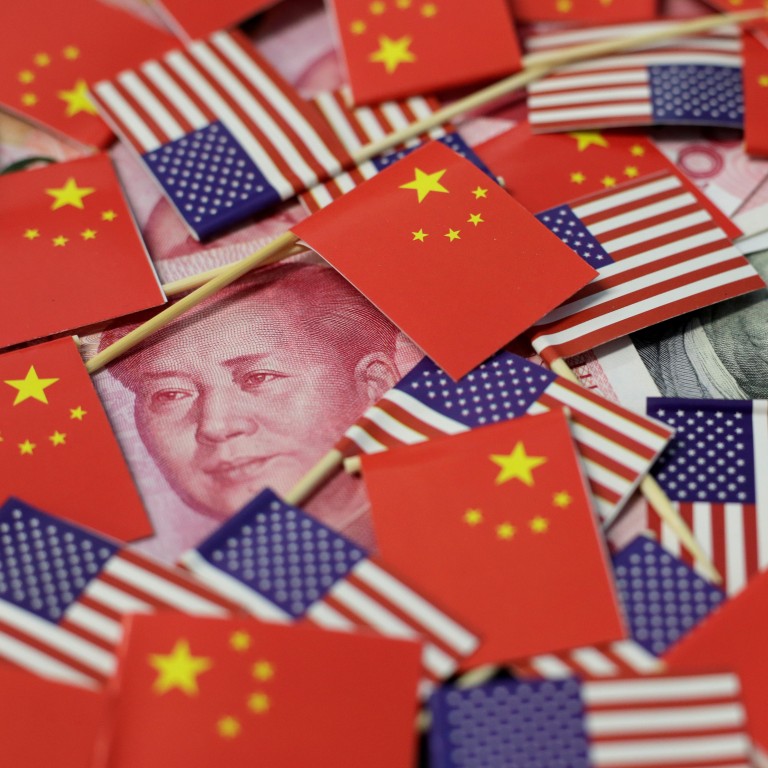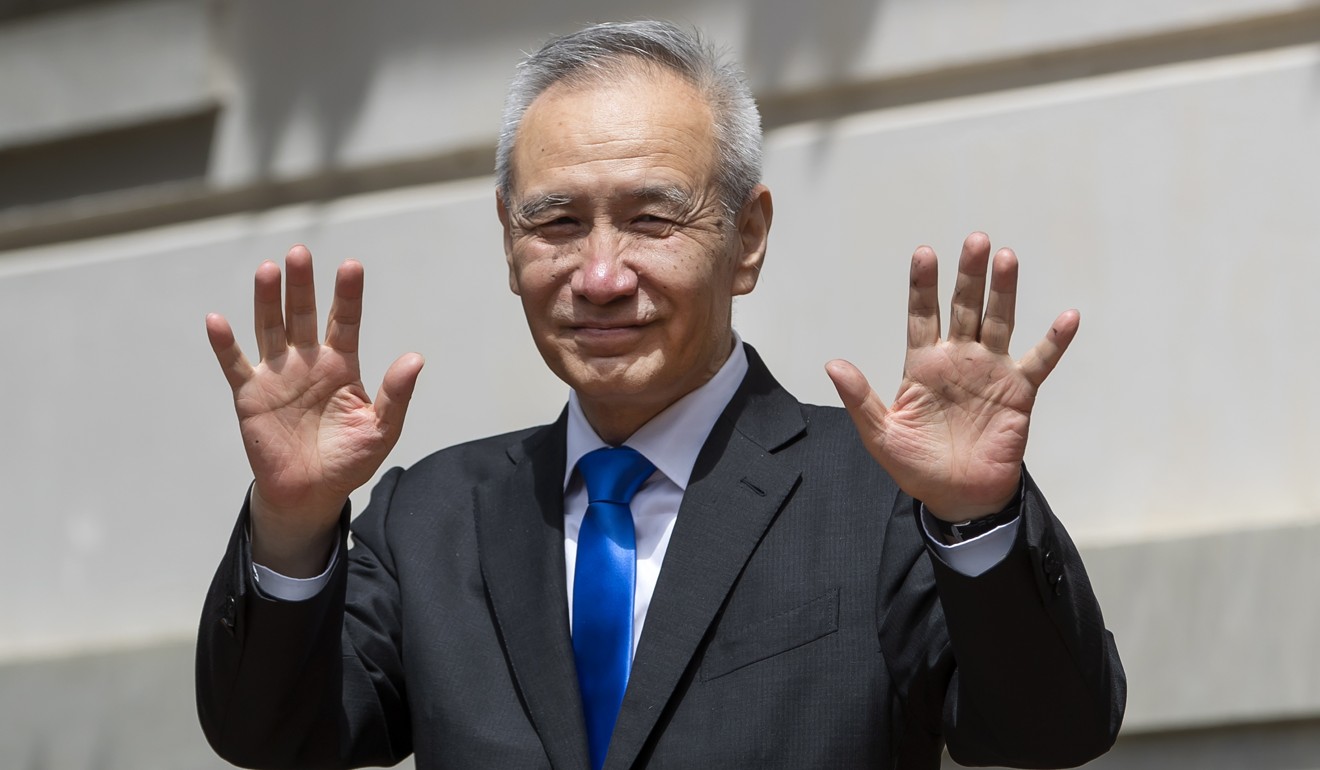
China thinks it can weather Trump’s trade storm. It can, but not for long. Likewise the US
- Don’t hold your breath for a deal between Donald Trump and Xi Jinping at the G20 summit
- China thinks its economy can ride out the trade war. In the short term, it’s right. In the long term, not so much. Likewise for the US
Their sanguine attitude may be a mistake.
In Washington, administration officials are in no great hurry to conclude a deal with China. Before he effectively ended negotiations with his early May tweets, Trump was facing mounting domestic criticism from both Republicans and Democrats for being too ready to rush into a deal which gave away too much and secured too little from Beijing
Trade war: here are Beijing’s options – and not one looks any good
With US economic growth still solid, Wall Street hitting record highs and the US Federal Reserve ready, as it made clear last week, to support activity with interest rate cuts if things begin to look shaky, Trump has a powerful political incentive to be intransigent in any renewed negotiations.
As long as the US economy remains relatively healthy, intransigence allows him to defuse criticism from domestic hardliners while trumpeting his tough stance to his electoral base in the run-up to next year’s presidential election.
Should economic growth begin to suffer, he can always make concessions, seal a deal with Beijing, and enjoy the resulting bump in stock market sentiment. But with activity still ticking over nicely, and the Fed compliant, time is on his side, at least for now.
If US officials are in no rush to strike a deal, neither are their Chinese counterparts. Like Trump, Chinese negotiator Liu He faced criticism at home for being prepared to give too much away in talks with Washington.

As a result, although the Chinese side dearly wants to avert the threatened imposition of 25 per cent duties on the US$325 billion or so of US imports from China so far unaffected by the tariff war, it is not about to accede to US demands perceived at home as impinging on China’s jealously guarded sovereignty in the manner of 19th century “unequal treaties”.
Moreover, like their opposite numbers in Washington, China’s leaders believe their domestic economy is robust enough to absorb the negative effects of increasing trade frictions with the US without suffering crippling damage.
Chinese economists point out that the country’s exports have fallen from 35 per cent of gross domestic product before the financial crisis to a relatively modest 18 per cent last year.
“There is a huge structural change happening in China, from being oriented towards exports to being driven by a huge domestic market,” proclaimed Liu earlier this month. As a result, China’s continued economic development will not be disrupted by “external challenges” such as the trade war with the US.
Trade war: financial markets are focused on the wrong risk
At first glance, this assertion looks reasonable. Over the first five months of this year, China’s exports to the US were down by about US$15 billion, compared with the same period last year. That’s less than 0.1 per cent of China’s 2018 GDP. Even if the loss in China’s exports were to double, or even triple, over the whole year with no corresponding fall in imports, the direct impact on China’s overall output and growth would be tiny.
So, on the surface, Liu’s confidence appears justified. But the direct effects of the trade war on GDP are only part of the story.
When they export to the US, the world’s largest economy, Chinese companies compete with the best in the world. This competition forces them to raise their game, to innovate and to invest to improve their productivity.
This competitive impulse has a big spillover impact on China’s domestic economy, creating better jobs and boosting incomes. That much is clear from the divergence in recent years of the private and state sectors. Despite being deprived of credit, the private sector, which includes almost all of China’s exporters, has driven both employment growth and productivity growth at the national level. In comparison, the protected state sector has gone backwards.
In other words, the continued development of Liu’s “huge domestic market” is propelled disproportionately by the very export sector he now expects the domestic market to substitute for.
This effect, although indirect, leaves China facing a longer-term problem. Currently China saves around 45 per cent of its national income, and invests roughly the same amount. The escalation of the trade war means that precautionary saving is unlikely to fall. However, the heightened uncertainty will deter private-sector businesses from making new investments. As a result, China’s savings are likely to exceed its investments.
If Xi can matchmake Trump and Kim, why not Iran’s Rowhani too?
All else being equal, the other side of this coin is that China will produce more than it consumes. And that means its trade surplus will rise, further heightening tensions with the US.
The way around this problem will be to boost investment again. If the private sector is not investing, that means the state sector will have to step in. But as we have already seen, investment by the state sector is considerably less productive than investment by the private sector.
As a result, although China may be able to ride out worsening trade tensions and support growth in the near term, over the longer term the quality of its growth will suffer, returns on investment will fall, and financial risk increase. This will not be a great problem for 2019, but the longer the trade war goes on, the greater the drag will be. China’s economy is not as invulnerable as Liu would like to believe.
Tom Holland is a former SCMP staff member who has been writing about Asian affairs for more than 25 years

